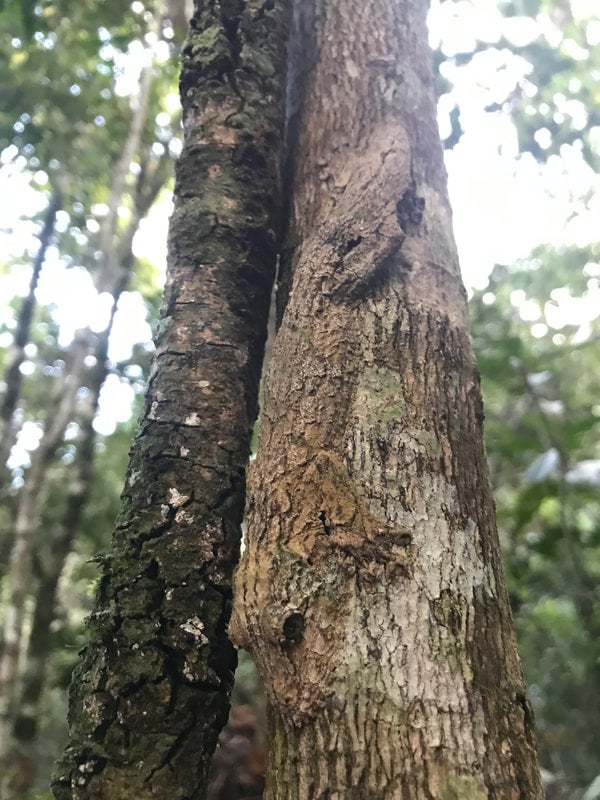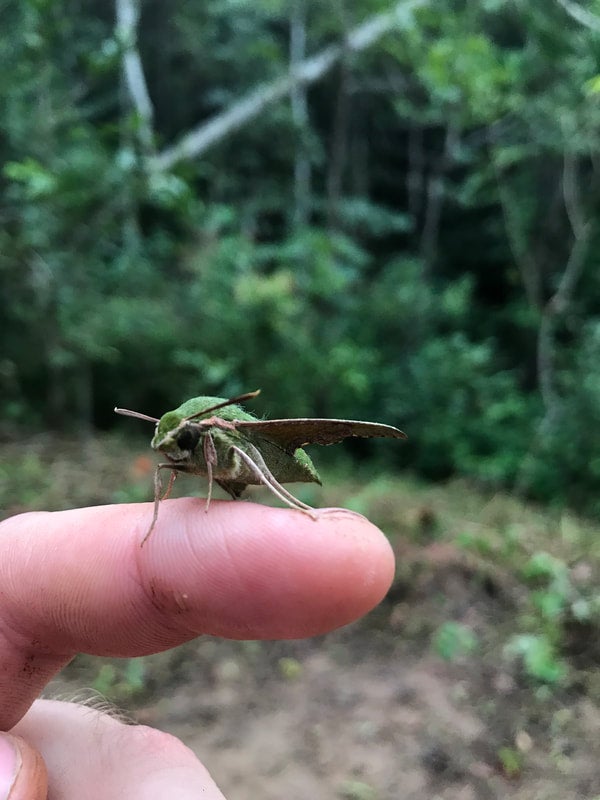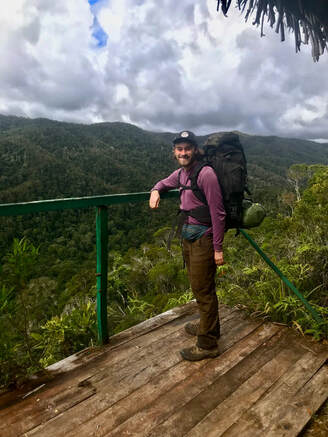
After nearly three months in Madagascar, I am back in Houston preparing to begin my second year of my PhD program at Rice. I am tired from fieldwork and long flights back but I am very grateful for my experiences at Maromizaha. While in the field, my team and I accomplished a good deal. We conducted a total of 54 surveys across our six transects sampling for lemur sightings. Additionally, we collected 8 weeks of sample deposit data from more than 170 seed traps. These data will be key as I explore and analyze my findings to shed light on how lemur communities differ in their species composition across protected, restored, and regenerating forest types and how seed dispersal dynamics differ across these habitats. Lemurs are crucial mediators for seed dispersal, which in turn has major impacts on forest tree communities and the overall health and resiliency of these ecosystems. My research seeks to understand how the relationship between these animals and these environmental processes operates in areas of ecological restoration where there are local efforts to recover damaged forests.
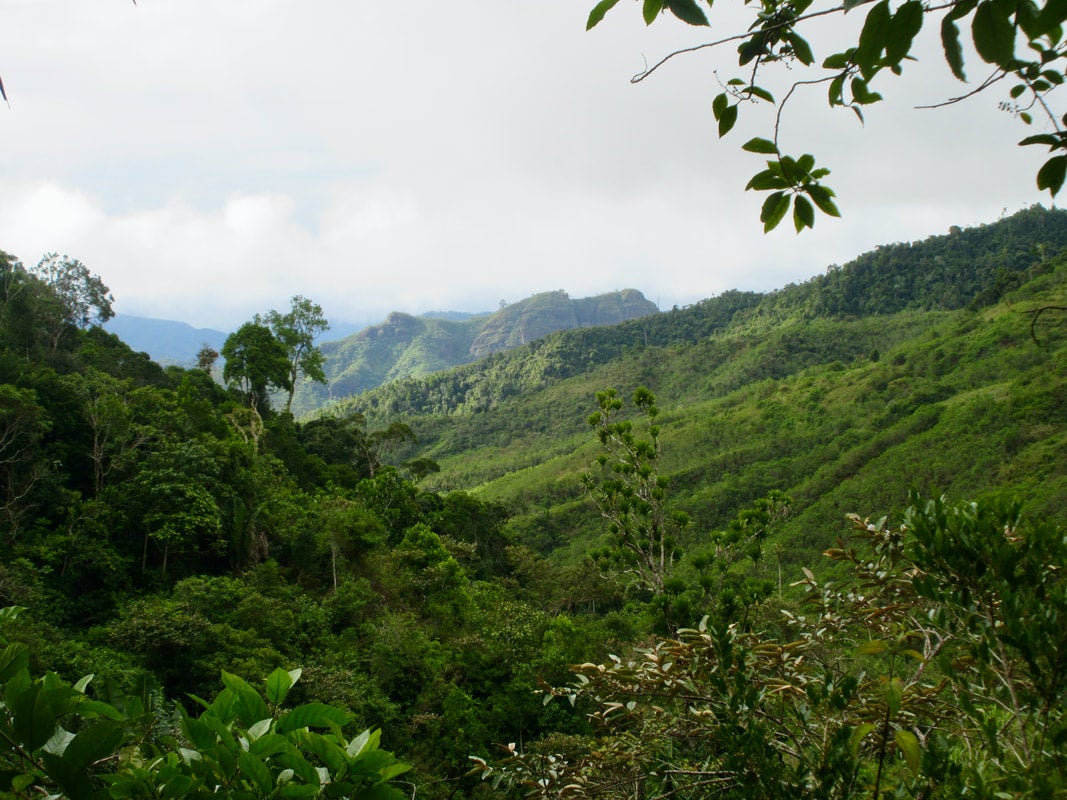
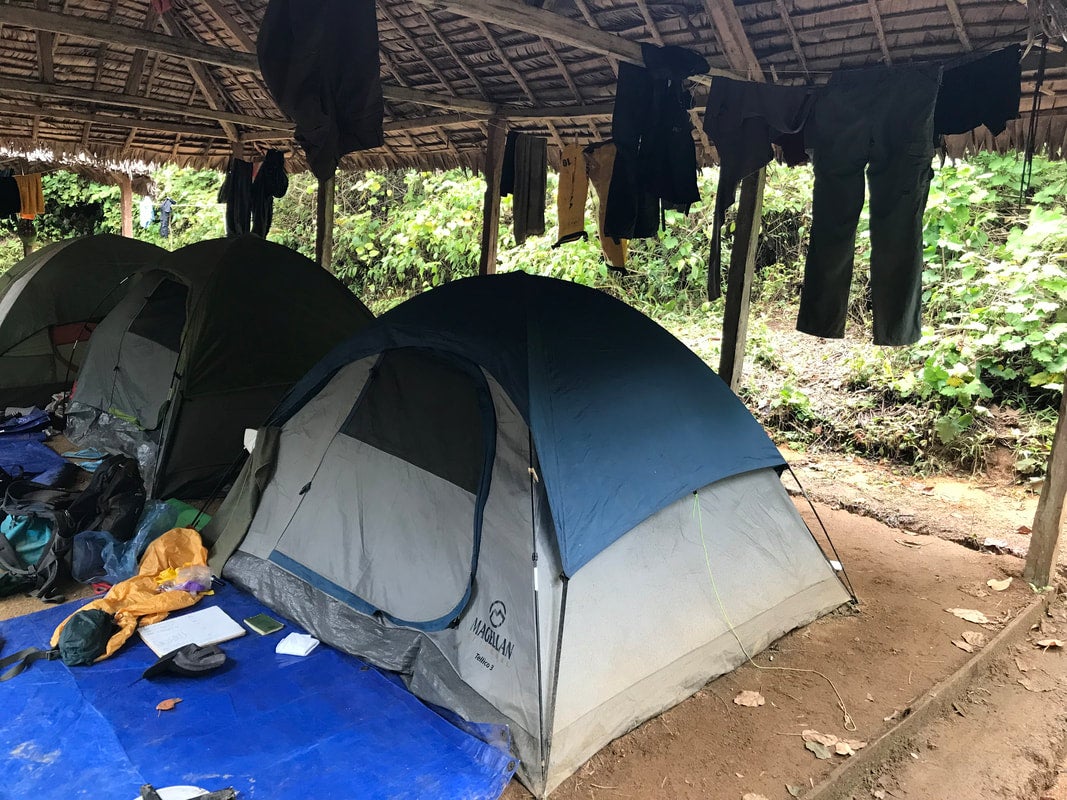
When I set out in May to conduct my pilot study in Maromizaha, I tried to prepare myself to conduct rigorous research and build partnerships with local people and organizations. I was unsure of how successful I would be, particularly on the scientific research front, since Maromizaha represented a new research site both for myself and my lab group. In my own planning and conversations with my advisor and managers, I tried to temper my expectations of what would be feasible in these 12 weeks and made an effort to keep perspective about what success should look like one year into my graduate program. My time in Maromizaha was certainly challenging, having to learn many new things on the fly, adapt to rainy conditions in the field, and manage a team of adults for the first time.
Looking back, I am pleased with the journey of this expedition and the results. My team and I established out data collection methods quickly and conducted our work thoroughly. Outside of scientific metrics, I am proud of the relationships that I have built with community partners. My presentation to GERP and VOI managers at the end of the field season was well-received by the leaders present and I appreciated their feedback and perspectives on research and management directions that were of interest to the community. I have a lot of work to do to build partnerships that are equitable and center my Malagasy collaborators and I know that I will make mistakes as I develop these relationships. I hope that I can build a rapport that encourages collaborators to point out my mistakes and allow me to correct them.
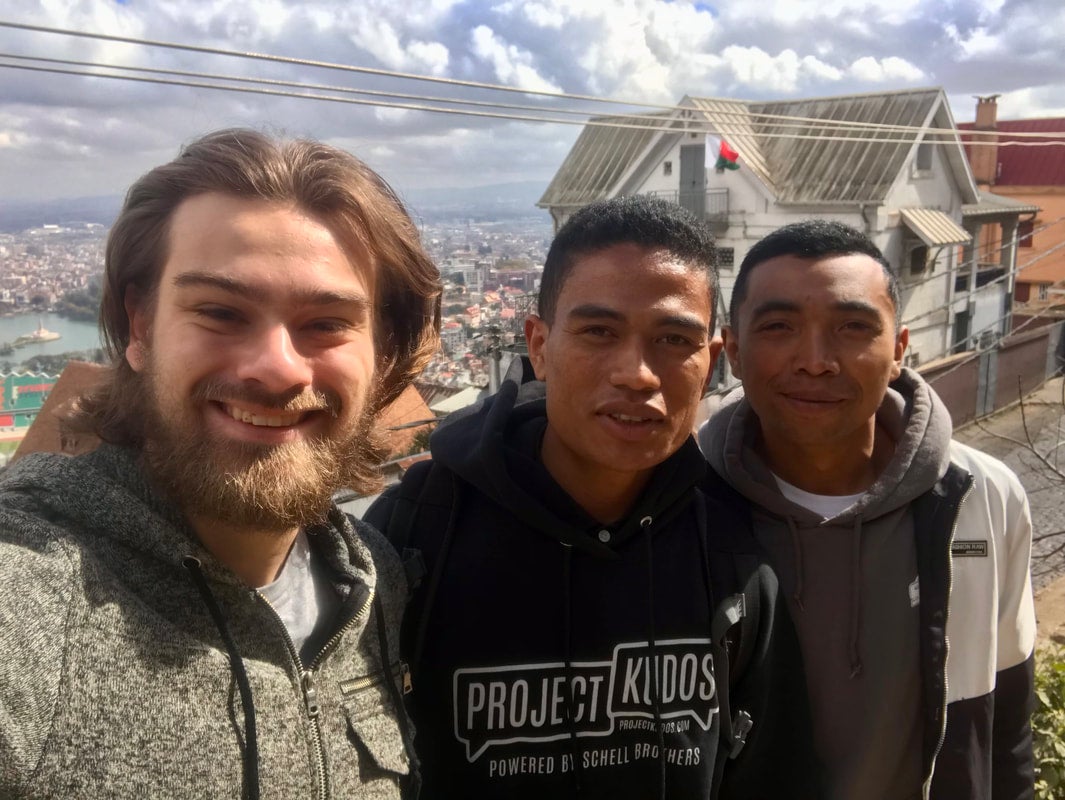
As I detailed in my last post, I have so many people to thank for the success of this field season. The teams at GERP, VOI Maromizaha, VOI Fanantenana, and the Maromizaha Guide Association were not only crucial to making my work possible, but were incredibly kind and welcoming to me. My iconic field team made life in the forest comfortable and exciting, familiar and new all at once. People in the local community wherever I went including Antananarivo, Moramanga, Maromizaha, and Anevoka showed generous hospitality and patience as I bumbled around in a new country attempting to speak broken Malagasy and French. The team at MICET managed logistics and facilitated my permits and visa. Fidy my Malagasy tutor provided me a strong foundation before leaving to try my best to communicate with my hosts and partners. Jaona graciously supported our work at Maromizaha and contributed his expertise and humor. Amy and Michael dove into life and research in the field and embraced all of the ups and downs with enthusiasm. Dr. Amy Dunham provided invaluable advice and support through my preparation and execution of this trip. I was further bolstered by my great network of professors, colleagues, friends, and family in the US.
Finally, I am grateful to Dr. Walter Loewenstern, who generously provided support for the Expanding Horizons Fellowship at Rice University that provided vital funding for me to complete my travel and research.
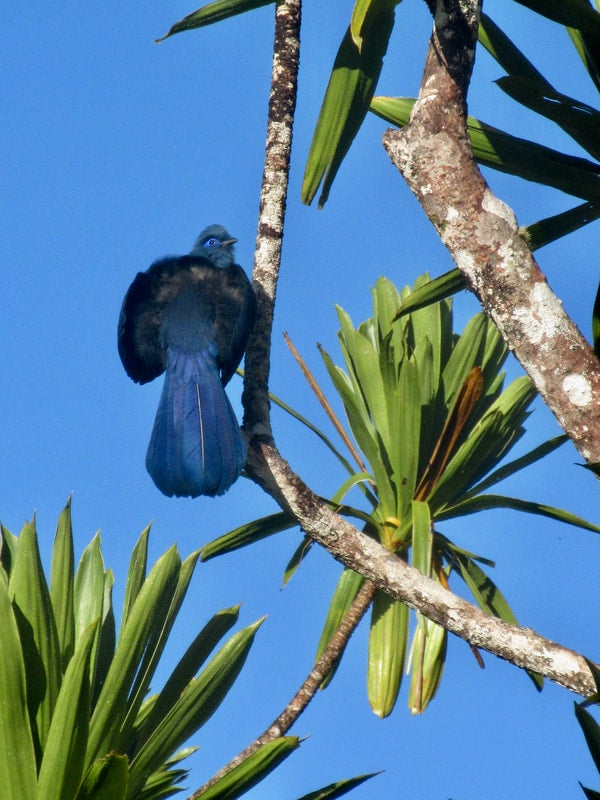
I feel so privileged to get the chance to work with such exceptional people in a remarkable place. These past months I have been able to wake up in a tent surrounded by thick rainforest and species found nowhere else on the planet. I look forward to returning to Maromizaha soon to continue my data collection and compare my results across seasonal changes that have major impacts on ecosystem processes.
In the meantime, I have another semester ahead where I hope to begin analyses of the data I collected during this trip. I also look forward to taking courses and seminars with my graduate colleagues and welcoming a new cohort of first-year students to the program. Until next time!
All of Eric's research blogs can be found here: https://ericwuesthoff.weebly.com/blog
